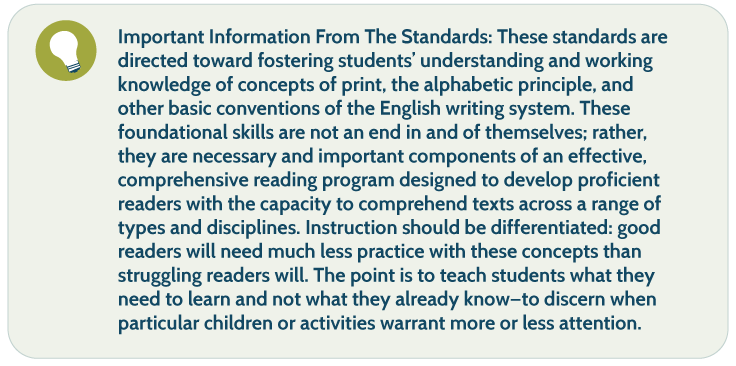Teacher Preparation & Professional Development
Current Options for Teacher Candidates & Teachers
University of Southern Maine:
SPY 427/627: Multi-Tier Reading Interventions for General and Special Education. Includes lectures, discussions, guided practice and applied learning experiences in the scope and sequence of progressively more intensive reading instruction for students in kindergarten through grade 12, including students with disabilities. Starting with the five foundations of reading instruction (phonemic awareness, alphabetic principle, fluency, vocabulary, and comprehension), the course describes the features of core reading instruction and provides guided practice in multi-tier reading interventions. Graduate course taught each spring. Online-synchronous. Note: This course is now open also to undergraduate education majors. Instructor: Alexis Kiburis, Psy.D.
NOTE: Reading Matters to Maine tuition scholarships are awarded annually to USM for ten Maine teachers or teacher candidates who take SPY 627. Contact USM School of Education and Human Development, Kim Warren at [email protected]
“What are teachers who have taken SPY 427/627 saying about the course?”
University of Maine at Farmington:
SED 301: Fundamentals of Literacy Instruction in Special Education. Teaches special education and general education majors how to provide explicit, systematic instruction in the Common Core foundational skills of reading (phonemic awareness, phonics, fluency, vocabulary, and comprehension). Participants will acquire knowledge and practice teaching evidence-based reading. Assessment approaches, intervention strategies, and data management are also covered. Undergraduate fall course, 4 credits.UMF instructor: Karen Smith, M.Ed.
NOTE: Reading Matters to Maine tuition scholarships are awarded annually to UMF for five Maine teacher candidates who take SED 301. Contact Dr. Katherine Yardley, Dean of Education, for more information at [email protected]
“What are teachers who have taken SED 301 saying about the course?”
University of Maine:
SED 545: Intervention for Reading Difficulties. This evidence-based graduate reading course explores strategies for students with reading difficulties, approaches to reading intervention, and strategies for evaluating the efficacy of reading interventions. In addition to the features of explicit teaching, topics covered include RTI (Multi-Tier Systems of Support) in the classroom, early literacy foundations (phonemic awareness, print concepts, and letter identification), decoding and spelling, phonics, fluency, and comprehension. Fall graduate on-line course, asynchronous using Blackboard. Instructor: Sara Flanagan, Ph.D.
NOTE: Reading Matters to Maine tuition scholarships are awarded annually to UM for five Maine teachers or teacher candidates who take SED 545. Contact Dr. Sara Flanagan, Assistant Professor of Special Education, for more information: [email protected]
“What are teachers who have taken SED 545 saying about the course?”
Maine-Based Professional Development & Tutor Training:
Reading Matters to Maine’s annual Conversations about Reading are also available for professional development. Topics include Reading and the Brain, Language Development and Reading Instruction for English Language Learners, and more!
Learn more.
Children’s Dyslexia Centers (formerly The Masonic Children’s Learning Centers) provide excellent and rigorous Orton-Gillingham training and supervised tutoring experience leading to Initial Level O-G Certification. Graduate credit is available through USM and U Maine Orono. There are two such centers in Maine: Portland and Bangor. Read More
Other Options for Professional Development in Evidence-Based Literacy Knowledge and Practice:
American College of Education:
ACE is collaborating with Sopris Learning on a new literacy program and professional development model developed by Louisa Moats, Ed.D. ACE is offering a M.Ed. in Curriculum and Instruction with a concentration in Literacy. The model is research-based, supports common core standards, increases effectiveness of any core or supplemental program, according to the news release from ACE and Sopris. Learn More.
School Specialty/EPS:
Online Orton-Gillingham Introductory Course. Developed by Fellows of the Academy of Orton-Gillingham Practitioners and Educators. This ten-hour online course provides an understanding of the approach to teaching reading to dyslexic and other struggling students and covers the principals of this approach, multi-sensory instruction, phonology, language structure, spelling, and history of the English language.
Read More
LiteracyHow, Connecticut
Stern Center for Language and Learning, Vermont
Grimes Reading Institute, Massachusetts



Reading Matters To Maine | © copyright 2016 | [email protected] | Facebook | Twitter